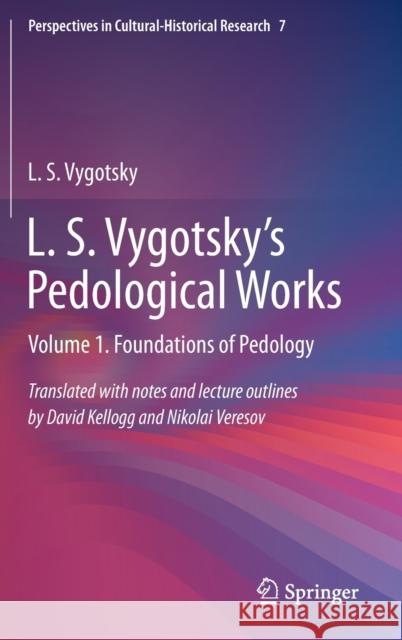L. S. Vygotsky's Pedological Works: Volume 1. Foundations of Pedology » książka
topmenu
L. S. Vygotsky's Pedological Works: Volume 1. Foundations of Pedology
ISBN-13: 9789811505270 / Angielski / Twarda / 2020 / 159 str.
L. S. Vygotsky's Pedological Works: Volume 1. Foundations of Pedology
ISBN-13: 9789811505270 / Angielski / Twarda / 2020 / 159 str.
cena 684,33
(netto: 651,74 VAT: 5%)
Najniższa cena z 30 dni: 616,85
(netto: 651,74 VAT: 5%)
Najniższa cena z 30 dni: 616,85
Termin realizacji zamówienia:
ok. 16-18 dni roboczych.
ok. 16-18 dni roboczych.
Darmowa dostawa!
Kategorie:
Kategorie BISAC:
Wydawca:
Springer
Seria wydawnicza:
Język:
Angielski
ISBN-13:
9789811505270
Rok wydania:
2020
Wydanie:
2019
Numer serii:
000812983
Ilość stron:
159
Waga:
0.44 kg
Wymiary:
23.39 x 15.6 x 1.27
Oprawa:
Twarda
Wolumenów:
01











